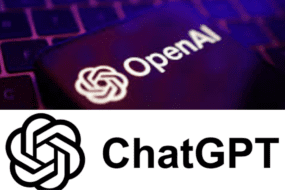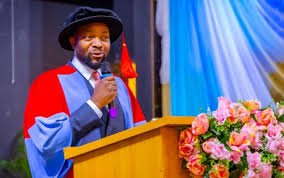Anambra State is quietly launching a revolution — one led not by policies but by artificial intelligence. In a country where less than 10% of government operations are digitised, Anambra is making a bold move with the rollout of SmartGov Suite, an AI governance model designed to clean up its bureaucracy.
The tool, developed in-house by the Anambra State ICT Agency, is already being deployed across all 21 local governments. It’s part of a larger push to digitise government processes, reduce budget padding, and eliminate ghost workers from payroll systems.
“We started with the local governments,” said Nonso Okoye, the Governor’s Special Assistant on Cybersecurity, “because they interact most with the public.”
Okoye explained that the AI system has already flagged a ₦2.1 billion budget in the education sector that lacked disbursement records. “That’s the kind of clarity we’re building into the system,” he added.
Inside Anambra’s AI Against Corruption
The SmartGov AI tool works like a digital detective. It analyses unique identifiers like BVNs and NINs to track ghost workers and highlight procurement red flags. One discovery showed seven different people tied to a single bank account — a clear sign of fraud.
It’s also helping track contract awards. “We saw one vendor receive five contracts in three weeks,” Okoye said, emphasising how AI is surfacing issues traditional audits miss.
More than just a fraud detector, SmartGov acts like a virtual assistant. It allows both officials and citizens to access real-time information on permits, payments, and regulations. Over time, it’s expected to unify health, education, and civic data under one digital roof.
“Right now, everyone is working in silos,” said Okoye. “We’re breaking that down.”
Why Local AI Investment Is a Game-Changer
This move signals a deeper shift in how Nigerian states approach governance. Rather than waiting for national rollout, Anambra is building its own model — one that reflects local realities and needs. Okoye warns that relying on foreign-built AI systems could lead to outcomes that don’t align with Nigerian priorities. “If we don’t lead ourselves, we’ll be led by imported systems,” he said.
Still, challenges remain. Legal frameworks for AI in governance are not yet clear. To address this, Governor Soludo has approved a task force to draft Anambra’s own AI regulation bill, soon to be presented at the state assembly. The law will ensure ethical deployment and proper data handling in AI training.
On a national scale, Minister Bosun Tijani is steering Nigeria’s first National AI Strategy, focusing on talent development, indigenous startups, and ethical AI use. But there’s concern that without a unified federal framework, states might create conflicting policies.
“We need a national task force that looks at risks, training methods, and ethical considerations,” Okoye urged.







No Comments